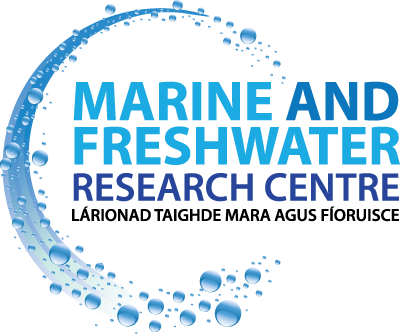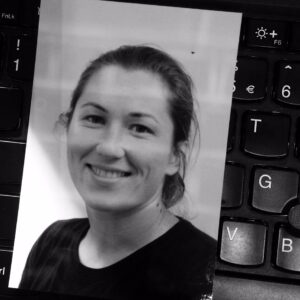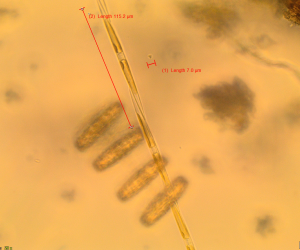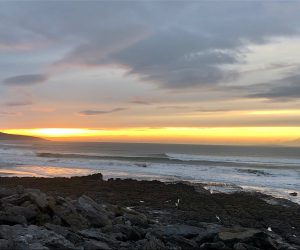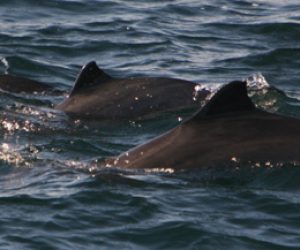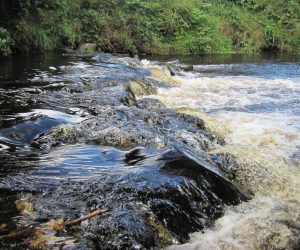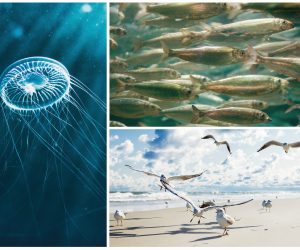I am a multidisciplinary scientist with an interest in statistical modelling, scientific programming, data analysis and data management. I obtained an MSc in Environmental Sciences at Wageningen University, The Netherlands (2007) and a PhD in Biodiversity Quantification at Queen’s University Belfast, UK (2011). I came to GMIT in 2015 as a postdoctoral scientist, in 2018 I took up a data analytics function at MET. I work with a variety of ecological, environmental, medical data using statistical and machine learning tools. I am also helping my colleagues and students with their statistical/ data analytics problems. I am an active Linux user and I use a variety of programming languages, in particular, R and Python. In the past 5 years I attended various Python conferences both as a presenter and attendee and contributed to open source code and documentation. Currently I am member of Python committee in Ireland and a part-time student in Science in Computing (Software Development) at National College of Ireland.
